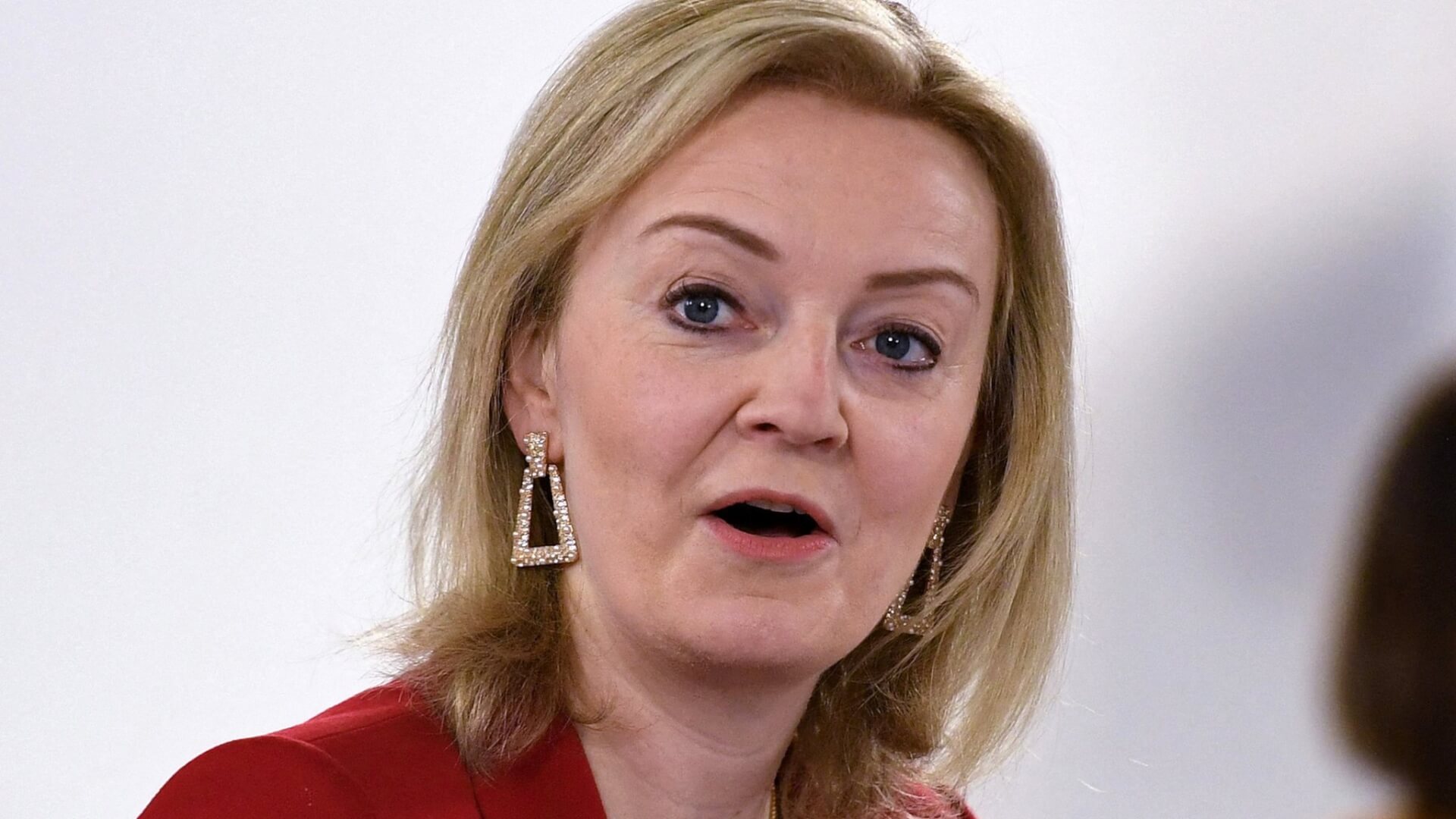The European Union’s (EU) Brexit commissioner, Maroš Šefčovič, said the bloc would restart its “infringement procedure” against the United Kingdom (UK) over its unilateral action to introduce the Northern Ireland Protocol Bill, which he said violates the post-Brexit Withdrawal Agreement.
Šefčovič noted that the EU had previously launched legal action against the British government in March 2021 but halted proceedings in September “in the spirit of constructive cooperation to create the space to look for joint solutions.”
In this respect, he said the bill “goes directly against the spirit” the EU had hoped to foster, as it excludes the agreed-upon checks on agrifoods. Keeping this in mind, the bloc will initiate fresh proceedings against the UK over its failure to set up border posts and share data with the European Commission.
🚨 Statement by @MarosSefcovic @EU_Commission on the UK government’s decision to table a bill disapplying core parts of the Protocol on Ireland / Northern Ireland.
— Daniel Ferrie 🇪🇺 (@DanielFerrie) June 13, 2022
Watch live here: https://t.co/To28pGgcPn pic.twitter.com/9tJ6z0DnIQ
On Monday, the British government introduced the bill to “fix” the Northern Ireland Protocol and make the necessary changes to “restore stability and ensure the delicate balance of the Belfast (Good Friday) Agreement.”
The release by the UK government said that the Protocol is causing “disruption and diversion of trade and significant costs and bureaucracy for business.” In this regard, British Foreign Secretary Liz Truss said that while the UK remains committed to a “negotiated solution” in abidance with the Protocol, the EU must be willing to change the protocol itself.
The bill seeks to achieve four aims. Firstly, it establishes green and red channels to “remove unnecessary costs and paperwork for businesses trading within the UK,” while also making sure that the checks are done for products entering the EU. Secondly, the proposed law would allow businesses to introduce goods in Northern Ireland’s market by abiding with either the EU or the UK’s rules. Thirdly, it endeavours to “ensure Northern Ireland can benefit from the same tax breaks and spending policies as the rest of the UK,” such as COVID recovery loans. Lastly, it aims to “normalise governance arrangementsso that disputes will be resolved by independent arbitration and not the European Court of Justice.”
It argues that these changes will protect North-South cooperation, establish “stability and power-sharing” in Northern Ireland, and “provide robest safeguards” for the EU Single Market.
The serious situation in Northern Ireland means we cannot afford to delay.
— Liz Truss (@trussliz) June 13, 2022
This Bill sets out comprehensive solutions to fix problems with the Northern Ireland Protocol, while protecting the Belfast (Good Friday) Agreement.https://t.co/4pFlz7IQhm pic.twitter.com/HEse2Hq4B1
In the statement on the UK’s legal position published alongside the Bill, the British government said that the “exceptional situation” in Northern Ireland and the challenges and complexities of the region had pushed it to “introduce legislative measures.” Surprisingly, it also accepted that once brought into force, it would “envisage the non-performance of certain obligations.”
However, the release cited its “state of necessity” that justified its contravention of the Withdrawal Agreement with the EU under international law. Furthermore, the statement cited Article 16 of the Protocol, which allows parties to take “safeguard measures” if the implementation of the agreement causes “serious economic, societal or environmental difficulties that are liable to persist, or to diversion of trade.”
British Prime Minister (PM) Boris Johnson said that the changes were “relatively trivial” and “relatively simple to do.”
The Northern Ireland Protocol was drawn up to protect the Union’s single market amid Britain’s exit from the bloc and avoid maintaining a politically-sensitive hard border between Northern Ireland, which is part of the UK but remains part of the EU’s single market, and the Republic of Ireland, which is an EU member country. The protocol has created a new border in the Irish sea that has angered the province’s pro-British unionists.
Just Introduced: This Bill is a reasonable and practical solution to
— Liz Truss (@trussliz) June 13, 2022
➡️ Fix problems facing businesses and people in Northern Ireland
➡️ Uphold the Belfast (Good Friday) Agreement
➡️ Protect UK and EU marketshttps://t.co/4pFlz7IQhm
Apart from Šefčovič, several other European leaders have spoken out after the Bill was published. The main concern is that by sidestepping custom checks on products entering Northern Ireland from the UK, the post-Brexit Withdrawal Treaty, signed less than two years ago, was being contravened.
Irish Minister for European Affairs Thomas Byrne said that there “undoubtedly will be consequences” of the Bill. However, he stressed that Ireland wanted matters to be “worked out” for the “betterment of Northern Ireland.”
Furthermore, German Foreign Minister Annalena Baerbock accused Johnson of using politics to the detriment of peace in the region. Taking to Twitter, she said that the EU put forward concrete proposals, which sought to protect the interests of citizens and businesses and the Good Friday Agreement. She also warned against using the peace and prosperity of the region as a “pawn.”
Inconceivable that the Scottish Government will recommend legislative consent for a bill that will damage Scotland’s economy, that breaks international law and risks a trade war with our fellow Europeans, which is in no one’s interests. https://t.co/H2LgyFnGjC
— Angus Robertson (@AngusRobertson) June 13, 2022
Moreover, Sinn Féin, the SDLP, and the Alliance Party, which are political parties of Northern Ireland’s assembly, wrote to PM Boris Johnson saying that the Bill “flies in the face of the expressed wishes of not just most businesses but most people in Northern Ireland.”
Furthermore, United States (US) House of Representatives Speaker Nancy Pelosi also said that if the UK withdraws from the Northern Ireland Protocol, a US-UK trade deal would not be possible. Similarly, US Secretary of State, Antony Blinken, also pressed the British government to engage with the EU in “good faith.”

